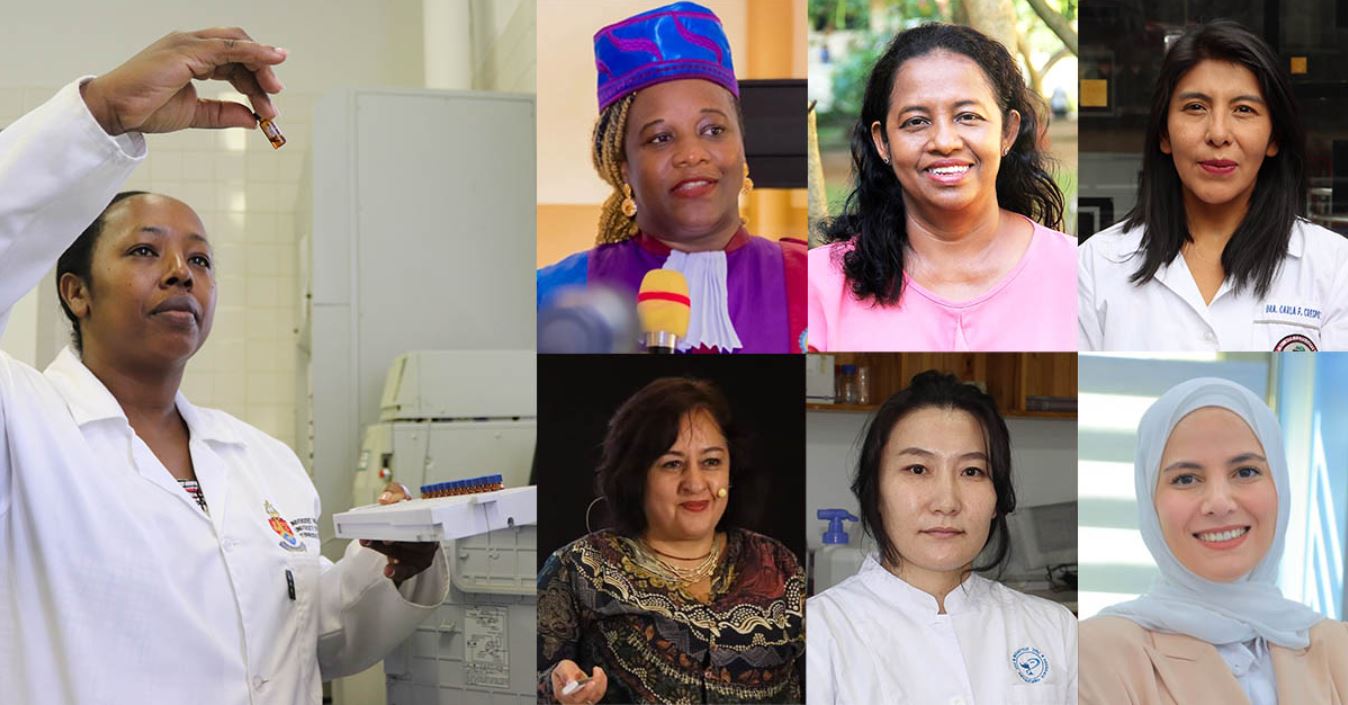The term "Global South" broadly refers to countries in Latin America, Africa, and developing Asia, including the Middle East. Its relation to the Sustainable Development Goals (SDGs) is of paramount importance. The SDGs are a set of 17 interlinked goals set by the United Nations General Assembly in 2015 intended to be a "blueprint to achieve a better and more sustainable future for all" by 2030. These goals are intrinsically linked to the progress, development, and uplift of nations in the Global South. Despite facing challenges such as poverty, inequality, climate change, environmental degradation, peace and justice issues, they are also home to vibrant cultures, rich biodiversity, and untapped potentials. Implementing the SDGs in the Global South is crucial not just for the local benefits, but also for global prosperity and stability. The global interconnectedness means that advancements in these regions contribute to the overall global progress, while failure to achieve SDGs could exacerbate global challenges, including health pandemics, climate change, and geopolitical tensions. The implementation of the SDGs, however, requires recognizing and addressing the unique challenges in these regions. Systemic issues like social inequality, weak institutional capacity, political instability, and susceptibility to climate change effects make SDG implementation a daunting task. Additionally, financial constraints make it harder for these countries to invest in crucial areas such as education, healthcare, and infrastructure, which are central to the SDGs. Yet, the Global South has demonstrated remarkable resilience and creativity in confronting these challenges. Many nations have integrated the SDGs into their national development plans and are forging partnerships to enhance their implementation capacities. Innovations like mobile banking in Africa or solar power projects in India exemplify local solutions being implemented to address SDG targets. However, support from the international community is essential. Developed nations, international organizations, and the private sector can play a key role in providing the necessary resources, technical know-how, and partnerships. As the 2030 deadline approaches, it's evident that the Global South's path towards SDG achievement will be an essential part of our shared global future.
Increased levels of CO2 and various greenhouse gases cause global warming and, in combination with pollutants from fossil fuel combustion and vehicular and industrial emissions, have been driving increases in noncommunicable diseases across the globe, resulting a higher mortality and morbidity. Respiratory diseases and associated allergenic manifestations have increased worldwide, with rates higher in developing countries. Pollen allergy serves as a model for studying the relationship between air pollution and respiratory disorders.
With growing health risks from rising temperatures in the Global South, the lack of essential indoor cooling is increasingly seen as a dimension of energy poverty and human well-being. Air conditioning (AC) is expected to increase significantly with rising incomes, but it is likely that many who need AC will not have it. We estimate the current location and extent of populations potentially exposed to heat stress in the Global South.
A review of sustainable energy access and technologies for healthcare facilities in the Global South
Sustainable Energy Technologies and Assessments, Volume 22, August 2017
Access to reliable, affordable and sustainable energy is essential for improving living standards, development and economic growth. From a healthcare perspective, energy is a critical parameter for delivering and improving healthcare services and life-saving interventions in the Global South. This review provides an estimation of the energy needs of different healthcare facilities as a function of patient capacity and services provided. It also presents the strengths and limitations of several energy sources that can be used to meet these needs.

